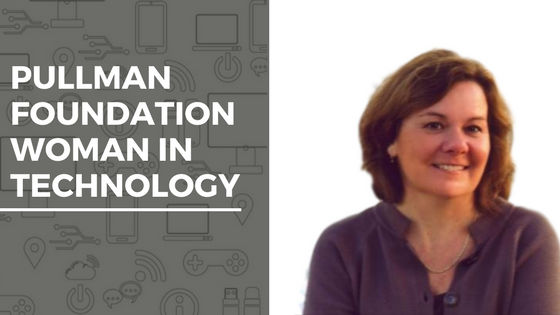Pullman Scholar Alumna Valarie King-Bailey, University of Wisconsin – Madison, ’82, summed up the importance of engineers perfectly, “look around you, everything around you is courtesy of an engineer.” The air we breathe, the roads we travel on, the water we drink; an engineer has done something with it. With that in mind, the Foundation […]
Pullman Foundation Women in Engineering

